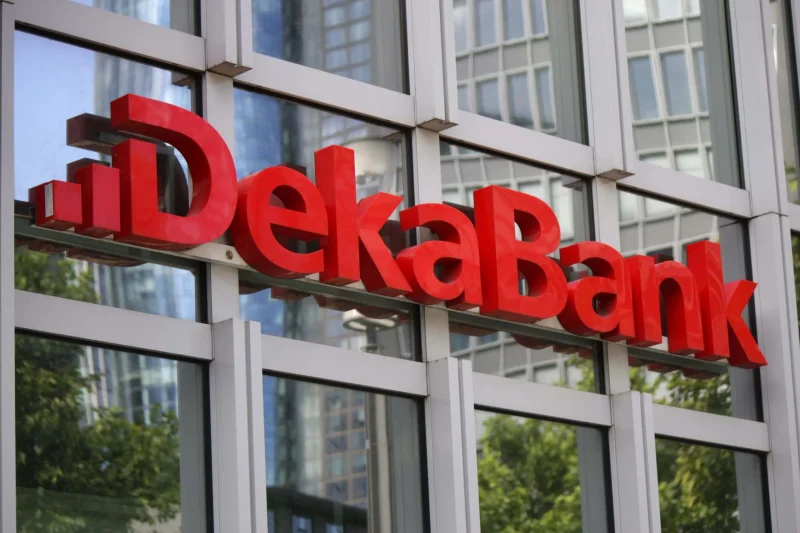DekaBank, a leading German financial institution managing approximately €377 billion in assets, has officially introduced cryptocurrency trading and custody services for institutional clients. This marks a significant step in bridging traditional banking with digital asset management.
Regulatory Approval and Crypto Custody License
Before launching these services, DekaBank secured a crypto custody license from Germany’s Federal Financial Supervisory Authority (BaFin) and the European Central Bank (ECB) in December 2024. This authorization, granted under the German Banking Act (KWG), allows the bank to securely manage and store cryptocurrencies on behalf of its clients.
DekaBank is one of the few German banks to obtain this license, following Commerzbank, which received approval the previous year. Most BaFin-issued crypto custody licenses have gone to crypto-native firms, such as the digital asset custody division of Hauck Aufhäuser Lampe Privatbank.
Expanding Presence in the Digital Asset Sector
Beyond custody services, DekaBank has actively expanded its digital asset initiatives:
- Crypto Securities Registrar – In July 2024, the bank obtained approval to operate as a crypto securities registrar, allowing the issuance of blockchain-based digital securities without relying on a central securities depository.
- SWIAT Blockchain Platform – DekaBank played a key role in developing SWIAT (Secure Worldwide Interbank Asset Transfer), a blockchain platform for digital securities issuance. Major participants include Standard Chartered and Landesbank Baden-Württemberg (LBBW).
- Corporate Blockchain Adoption – In September 2024, Siemens used SWIAT to issue a €300 million digital bond, highlighting blockchain’s increasing role in corporate finance.
Future Expansion and Institutional Adoption
With its crypto custody license, DekaBank is positioned to expand services across Europe under the EU’s Markets in Crypto-Assets Regulation (MiCAR). This move reflects a broader trend of established financial institutions integrating digital assets into their offerings to meet institutional investor demand.
Germany’s progressive regulatory framework has created a favorable environment for traditional banks to explore the digital asset space. By embracing cryptocurrency services, DekaBank exemplifies the growing convergence of traditional finance and blockchain technology, providing institutional clients with secure access to the evolving digital asset market.
